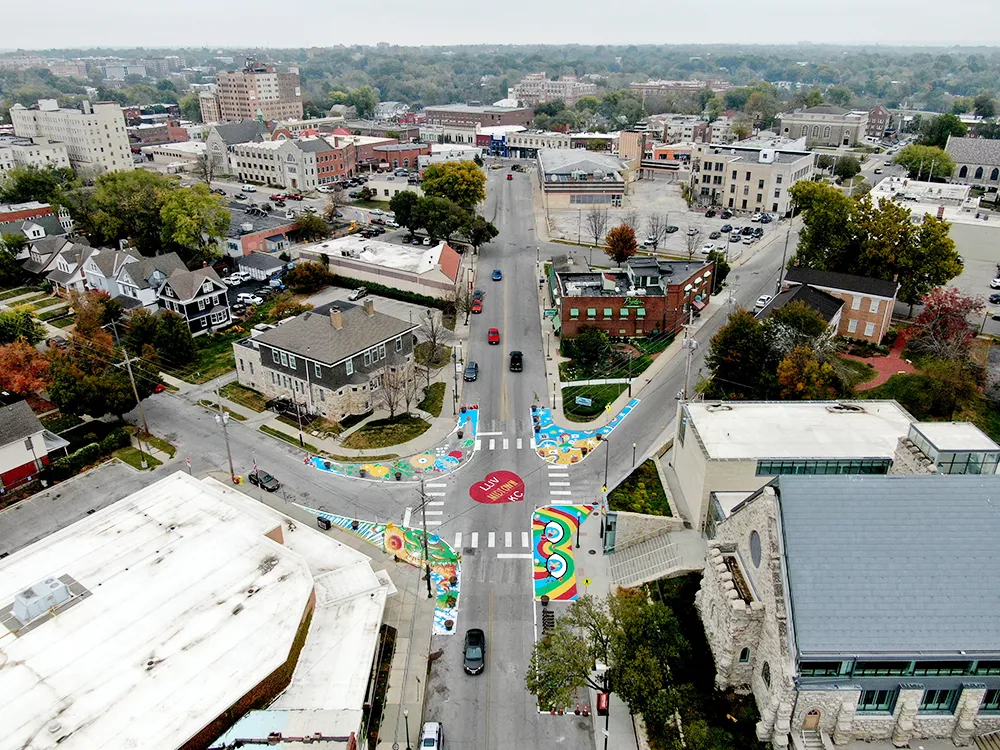A report by ERR.ee says drivers exceeding the speed limit by 20 km/h must wait 45 minutes in a parking area next to the road and 60 minutes if they drive between 21 and 40 km/h over the limit.
The method only applied to drivers with no previous traffic offences travelling on the Tallinn-Rapla road.
Spokesperson Elari Kasemets is quoted as saying: "We are investigating how speeders perceive the fine and the impact of the lost time. We know from interviews with motorists that some people consider having a conversation with a police officer and the time they take to intervene more effectively than fines."
"We are analysing the impact of different interventions to find more effective solutions, because the goal is for perpetrators to actually change their behaviour, not to punish them for the sake of punishment," Kasemets adds.
Estonian police offer ‘road breaks’ for first-time speeders
Police in Estonia have been offering drivers caught speeding with a choice between taking a break from the road instead of paying a fine.
October 30, 2019
Read time: 1 min










